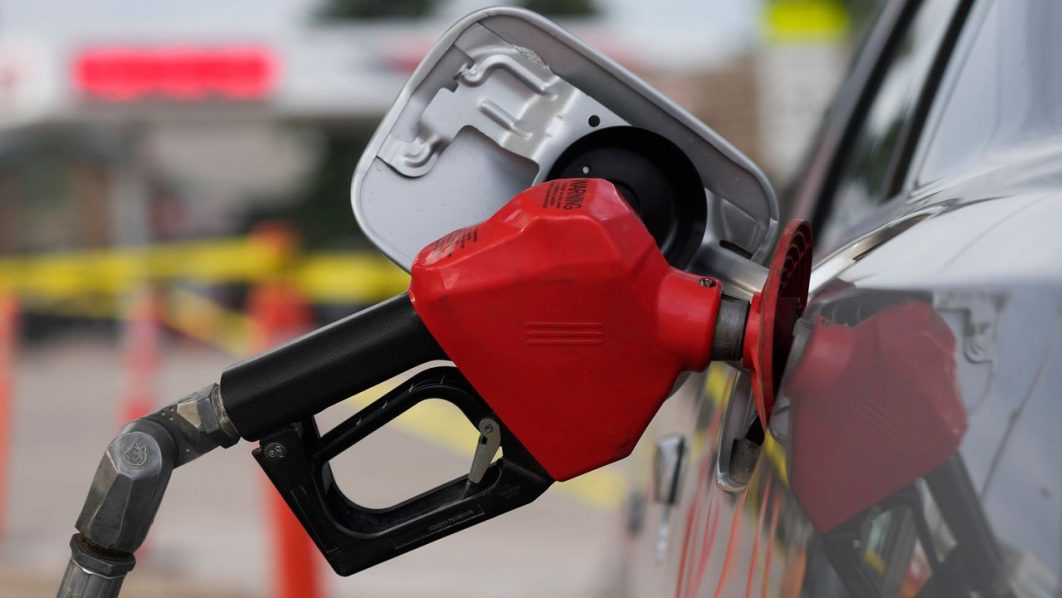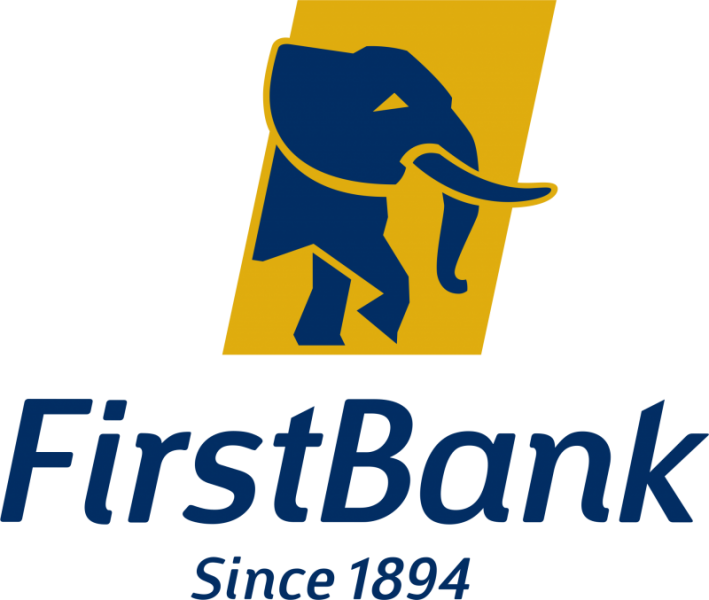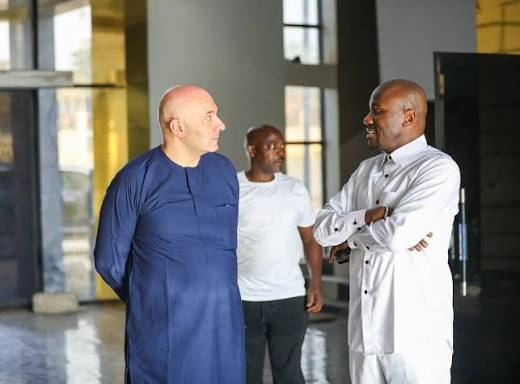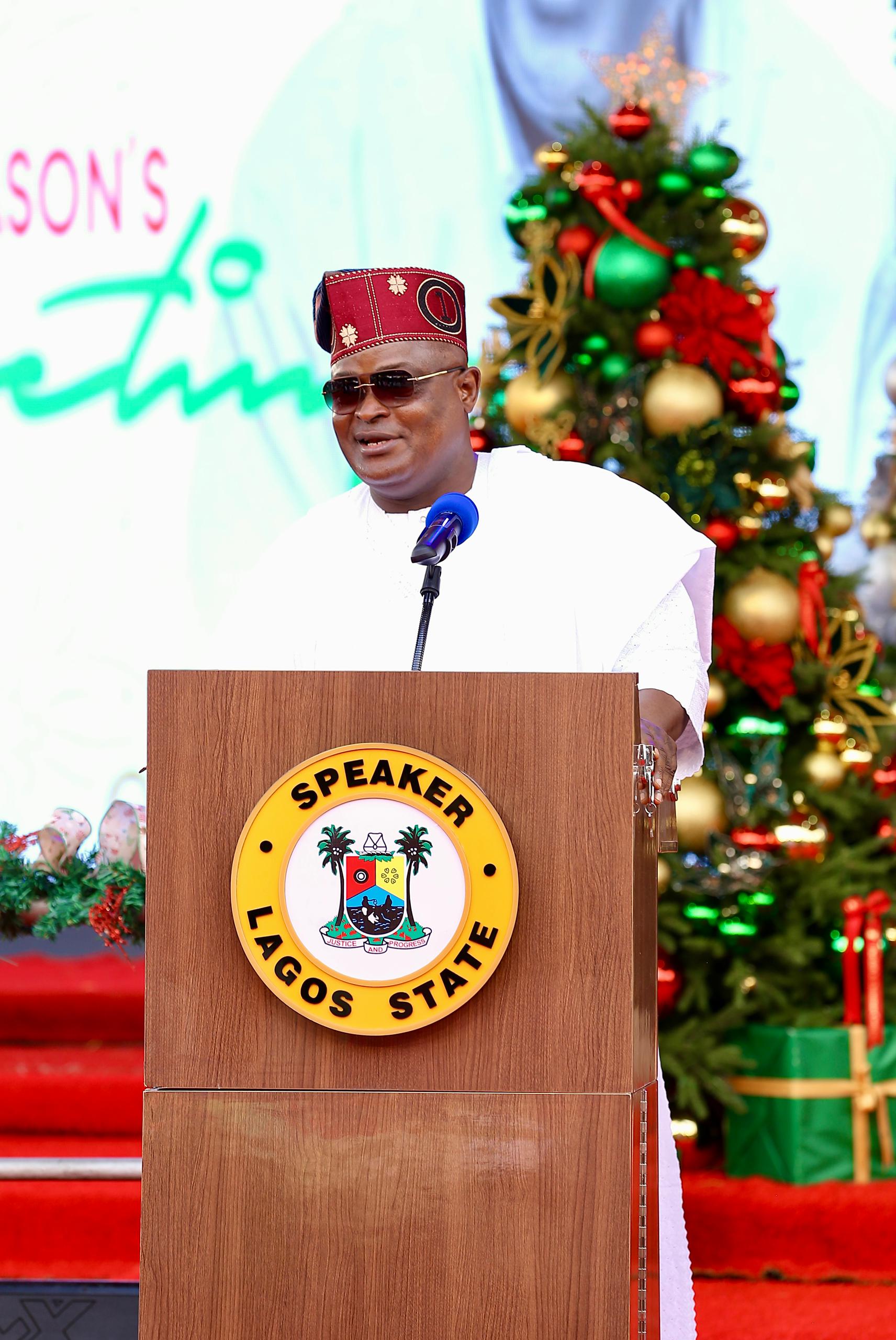Petrol price hike in Nigeria looms as pump prices near N900 amid forex instability, global crude rebound, and OPEC+ output changes. Stakeholders await clarity
Petrol price hike in Nigeria is looming large as pump prices inch toward N900 per litre, driven by rising international crude oil prices and domestic supply volatility.
Also read: Nigerians spent N1.3 trillion on petrol in June as distribution rises, NMDPRA reveals
The warning signs became evident over the weekend, with major depots increasing ex-depot petrol prices from an average of N820 to as high as N900 per litre.
Despite the shift, most filling stations across Lagos and Ogun States retained meter readings between N865 and N875—though not all.
On Saturday, Matrix Filling Station at Kara displayed N910, while Rainoil in Ibafo sold at N900. Marketers say these stations likely received new stock reflecting the elevated depot costs.
Data from Petroleumprice.ng shows that major suppliers—Aiteo, Aipec, A.A. Rano, and Emadeb—posted ex-depot prices of N865.
Others, like NIPCO, Matrix, Sahara, and Bono, raised theirs to N870. Meanwhile, Dangote offered a lower rate of N858, but others like Fynefield and Sigmund topped N900.
Experts say the petrol price hike in Nigeria is being worsened by the naira’s instability and international supply disruptions.
Speaking to reporters, Hammed Fashola, National Vice President of the Independent Petroleum Marketers Association of Nigeria (IPMAN), noted, “Volatility in the exchange rate and crude prices is pushing up pump prices. Let’s wait till Monday to see what happens.”*
Adding more pressure, OPEC+ on Sunday announced it would raise oil output by 547,000 barrels per day for September.
The decision follows months of incremental increases aimed at regaining global market share. The move, however, comes amid fears of tightening stocks and ongoing geopolitical tensions linked to Russia.
Despite the increases, Brent crude hovered around \$70 per barrel on Friday, up significantly from the year’s low in April.
Analysts argue the persistent price rise is giving OPEC+ the confidence to keep pumping, further impacting global prices.
“This kind of market gives OPEC+ room to maneuver,” said Amrita Sen of Energy Aspects. “Stock levels are tight, and seasonal demand is rising.”
Eight OPEC+ nations will reconvene on September 7, possibly to reverse some earlier cuts totaling 1.65 million bpd.
Also read: Petrol pricing stakeholder forum sparks urgent national dialogue amid market tensions
For now, Nigerians brace themselves as the petrol price hike in Nigeria threatens household budgets and transport costs. Many are watching closely waiting for what Monday brings.























